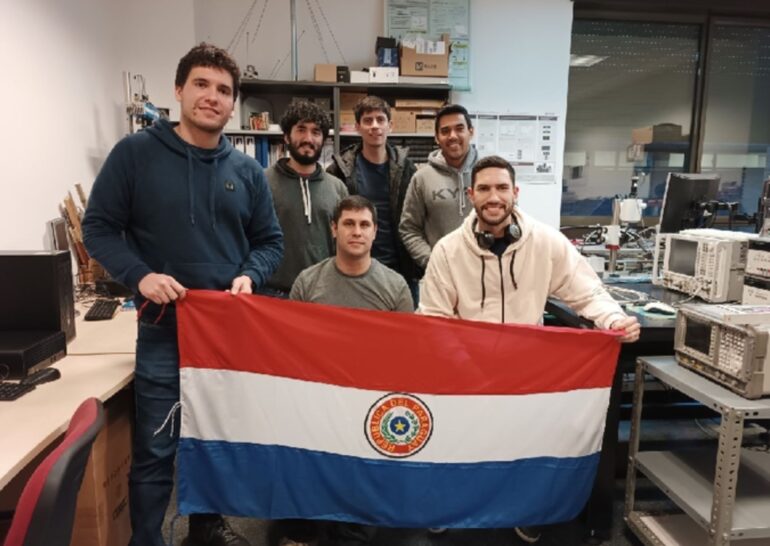More than 2,000 returned Becal scholarship recipients are contributing in their areas of specialisation in the country, said Becal coordinator Fátima Franco. In these nine years of implementation of the program, more than 3,000 people have been selected for the different modalities that include master’s degrees, doctorates, postdoctoral degrees, degree mobility and language courses.
Becal has a return policy, in which scholarship holders must demonstrate their permanence in the country and report on their current employment situation for at least five years after graduating.
According to the programme’s data, the scholarship holders manage to find employment in their area of specialisation in less than six months. The coordinator also highlighted that Becal scholarship holders are highly valued in the labour market, both in the public and private sectors.
The scholarship recipients who are back in the country returned from the United States, Chile, the United Kingdom, Spain, among other countries. Currently, there are a total of 670 active scholarship recipients registered, studying at various universities around the world.
Over the years, more than 128 calls for applications were made in various modalities. Becal’s priority areas focus on engineering, medical sciences, technology, innovation and education. This strategy is the result of demand identification workshops, which are carried out with the public and private sectors.
In addition, the coordinator of Becal mentioned that they collaborate closely with the association of former scholarship holders of the program, known as AsoBecal. This space not only allows the exchange of experiences, but also helps to identify potential interested parties in the program.
The Becal program is managed by the Ministry of Economy and Finance (MEF) and is funded with resources from the Fund for Excellence in Education and Research (FEEI) since 2015 and will extend until 2030, with an estimated investment of US$98,805,703.
The Becal scholarship program is divided into two stages, in collaboration with the Ministry of Education and Science (MEC), the National Council of Science and Technology (Conacyt) and the MEF. It also has a strategic coordination committee, as the highest authority, which brings together representatives from the public sector, private sector, business sector, academia, research and civil society organisations.
The becal program also partners with other scholarsip programs from other nations, such as the UK’s Chevening Scholarship Program.


